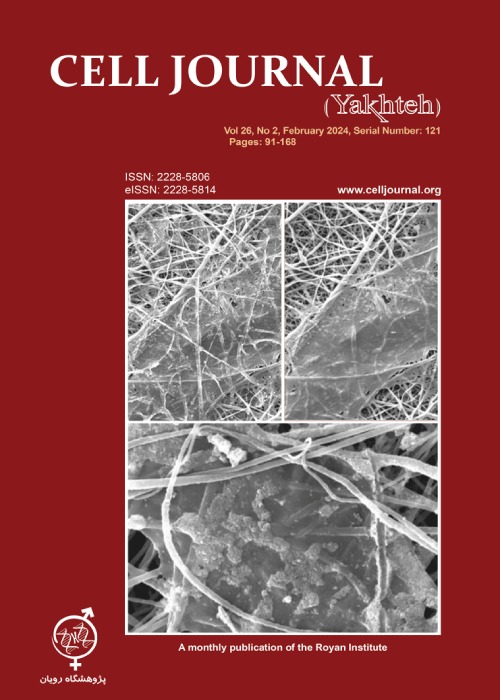Distribution of Plasma One-Carbon Metabolism Factors and Amino Acids Profile in Depression State Treated with Paroxetine: A Model Study
Stress may have an important role in the origin and progress of depression and can impair metabolichomeostasis. The one-carbon cycle (1-CC) metabolism and amino acid (AA) profile are some of the consequencesrelated to stress. In this study, we investigated the Paroxetine treatment effect on the plasma metabolite alterationsinduced by forced swim stress-induced depression in mice.
In this experimental study that was carried out in 2021, thirty male NMRI mice (6-8 weeksage, 30 ± 5 g) were divided into five groups: control, sham, paroxetine treatment only (7 mg/kg BW/day), depressioninduction, and Paroxetine+depression. Mice were subjected to a forced swim test (FST) to induce depression and thenwere treated with Paroxetine, for 35 consecutive days. The swimming and immobility times were recorded during theinterventions. Then, animals were sacrificed, plasma was prepared and the concentration of 1-CC factors and twentyAAs was measured by spectrophotometry and high-performance liquid chromatography system (HPLC) techniques.Data were analyzed by SPSS, using One-Way ANOVA and Pearson Correlation, and P<0.05 was considered significant.
Plasma concentrations of phenylalanine, glutamate, aspartate, arginine, ornithine, citrulline, threonine,histidine, and alanine were significantly reduced in the depression group in comparison with the control group.The Homocysteine (Hcy) plasma level was increased in the Paroxetine group which can be associated withhyperhomocysteinemia. Moreover, vitamin B12, phenylalanine, glutamate, ornithine, citrulline, and glycine plasmalevels were significantly reduced in the depression group after Paroxetine treatment.
This study has demonstrated an impairment in the plasma metabolites’ homeostasis in depression andnormal conditions after Paroxetine treatment, although, further studies are required.
- حق عضویت دریافتی صرف حمایت از نشریات عضو و نگهداری، تکمیل و توسعه مگیران میشود.
- پرداخت حق اشتراک و دانلود مقالات اجازه بازنشر آن در سایر رسانههای چاپی و دیجیتال را به کاربر نمیدهد.


